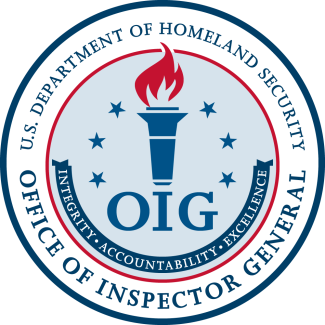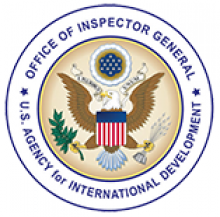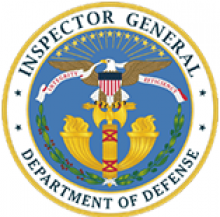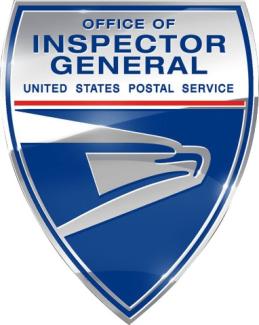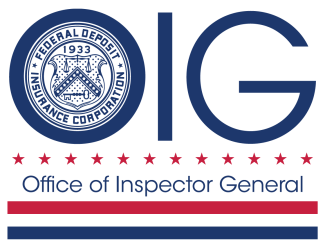U.S. Customs and Border Protection (CBP) has conducted almost no familial deoxyribonucleic acid (DNA) testing to verify biological parent-child relationships, potentially missing opportunities to protect vulnerable migrant children from human smuggling fraud schemes. From September 2021 to September 2024, CBP conducted 314 familial DNA tests on about 0.01 percent of the 2.7 million aliens who crossed the border claiming to be part of a family unit. CBP did not increase familial DNA testing even after limited testing revealed more than 14 percent of administered tests indicated no biological relationship.
| Report Date | Agency Reviewed / Investigated | Report Title | Type | Location | |
|---|---|---|---|---|---|
| Department of Homeland Security | CBP’s Lack of Familial DNA Testing Limits Detection of Fraudulent Relationships | Audit | Agency-Wide | View Report | |
| Railroad Retirement Board | Audit of the Railroad Retirement Board's Compliance with Annuity Eligibility Requirements – Abstract | Audit | Agency-Wide | View Report | |
| Federal Communications Commission | Information Technology and Operational Technology Asset Management Evaluation Report | Inspection / Evaluation | Agency-Wide | View Report | |
| U.S. Agency for International Development | Financial Audit of Center for Agribusiness and Rural Development Foundation, Rural Economic Development - New Economic Opportunities Project in Armenia, Cooperative Agreement 72011119CA00001, January 1 to December 31, 2023 | Other |
|
View Report | |
| Department of Defense | Management Advisory: Recurring Issues Identified During Reviews of Civilian Payroll Personnel Action Documentation | Audit | Agency-Wide | View Report | |
| Farm Credit Administration | External Peer Review of Farm Credit Administration Office of Inspector General Investigative Operations | Peer Review of OIG | Agency-Wide | View Report | |
| Internal Revenue Service | The Internal Revenue Service University Training Has Not Been Streamlined and Its Future Is Unknown | Audit | Agency-Wide | View Report | |
| U.S. Postal Service | Service Performance During the Fiscal Year 2025 Peak Mailing Season | Audit | Agency-Wide | View Report | |
| Federal Deposit Insurance Corporation | DOJ Press Release: Philadelphia Man Sentenced to More Than Five Years in Prison for Targeting U.S. Army Servicemembers in Conspiracy to Commit Identity Theft and Cyberstalking | Investigation | Agency-Wide | View Report | |
| Federal Deposit Insurance Corporation | DOJ Press Release: Missouri City resident admits to profiting $1.65 million from fraudulent pandemic loan applications | Investigation | Agency-Wide | View Report | |


